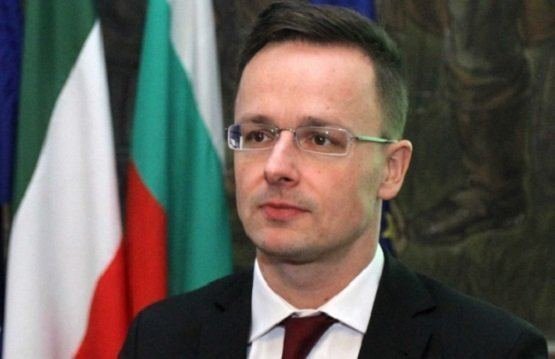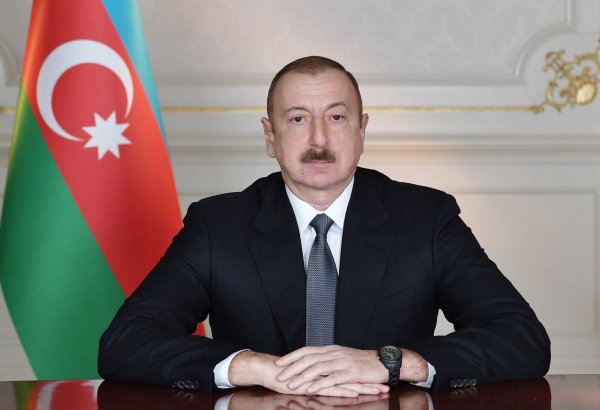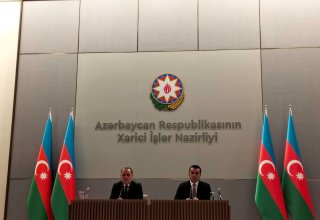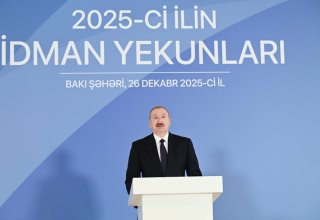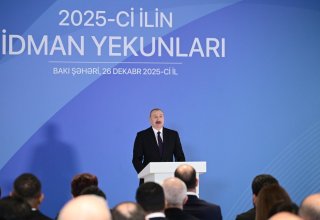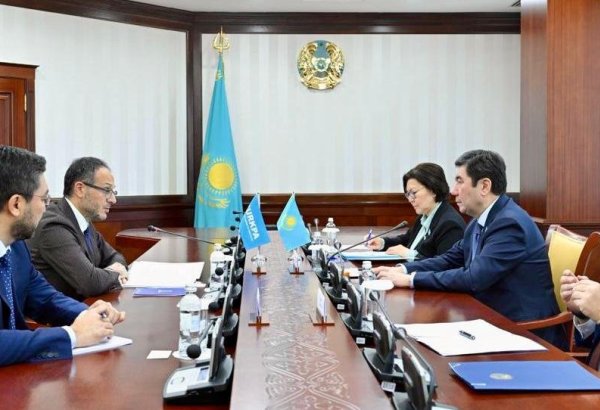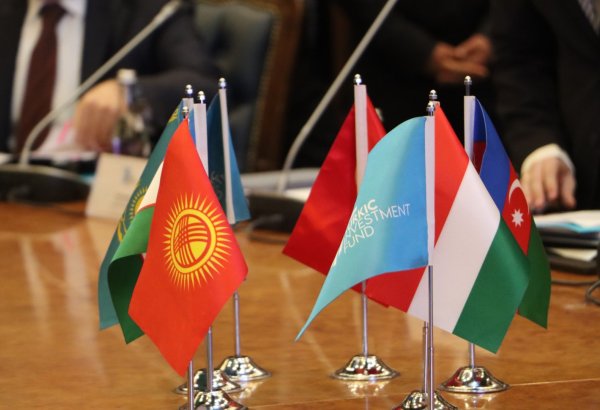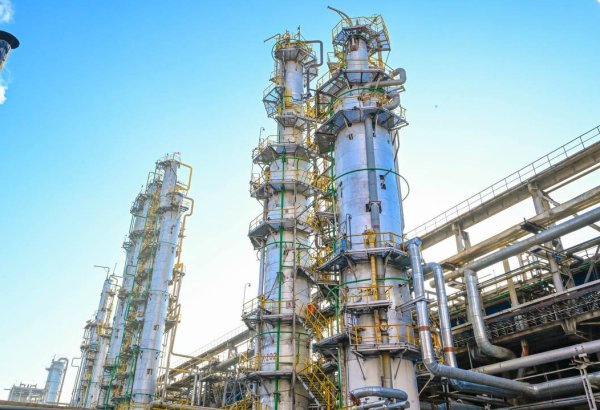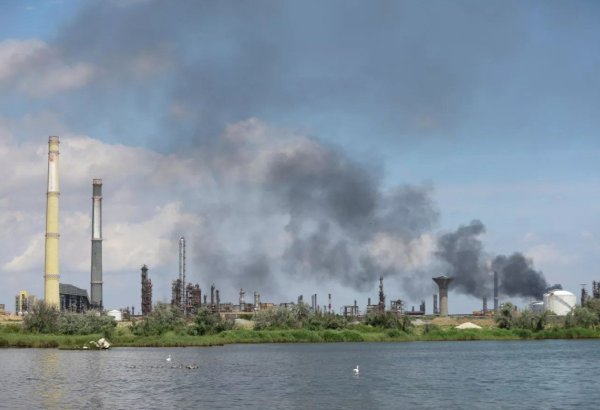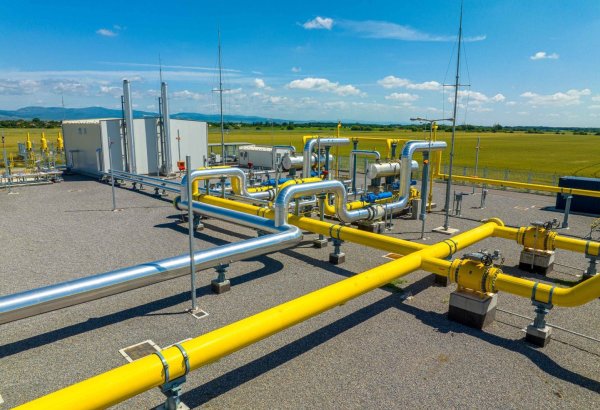BAKU, Azerbaijan, September 3. The project enabling the future import of green electricity from Azerbaijan and Georgia to Hungary and Romania is approaching a critical point of no return, said Hungary’s Minister of Foreign Affairs and Trade Peter Szijjarto, TurkicWorld reports citing a message published by Zoltan Kovacs, Hungarian international spokesperson on X.
During a meeting in Bucharest regarding the Hungarian-Azerbaijani-Georgian-Romanian green energy partnership, the minister emphasized the importance of energy security as a key element of national security in these challenging times.
Szijjarto outlined Hungary's energy strategy, which rests on four pillars: expanding nuclear capacity through the construction of two new reactors at the Paks nuclear power plant, significantly increasing solar energy capacity, seeking cooperation with reliable energy suppliers, and incorporating new supply routes. He highlighted the Green Energy Corridor project as a prime example, which will introduce new green energy sources from Georgia and Azerbaijan, enhancing Hungary's sustainability in electricity consumption.
The minister noted that the project is advancing rapidly, with the participating countries' electricity companies forming a joint venture and plans to sign an amended green energy partnership agreement soon. He expressed hope that the EU will provide financial support for the infrastructure development necessary for this endeavor, stressing that the success of such projects often depends on funding.
On December 17, 2022, Azerbaijan, Georgia, Romania, and Hungary signed a strategic partnership agreement in Bucharest to construct the Black Sea Energy submarine electric cable. The project will feature a 1 GW capacity cable stretching 1,195 kilometers, designed to transport green electricity from Azerbaijan’s future offshore wind farms through Georgia and the Black Sea to Romania, for further distribution to Hungary and other parts of Europe. The European Commission plans to allocate €2.3 billion for this project.
In May 2024, energy operators from Azerbaijan, Romania, Georgia, and Hungary signed a memorandum to establish a joint venture for the Black Sea Energy project, which will be headquartered in Bucharest.








